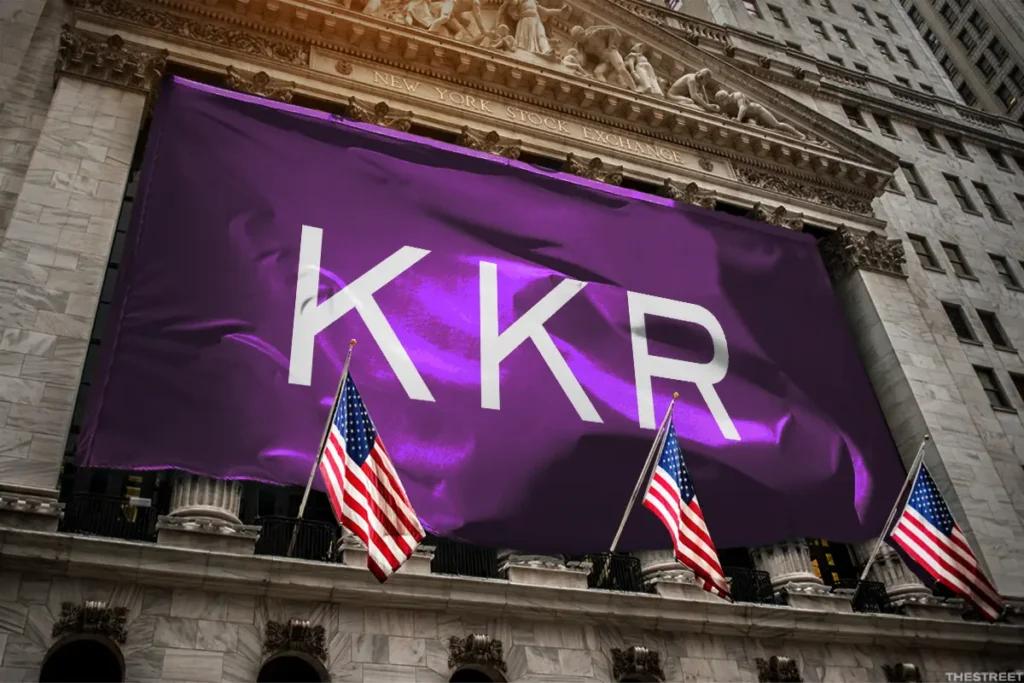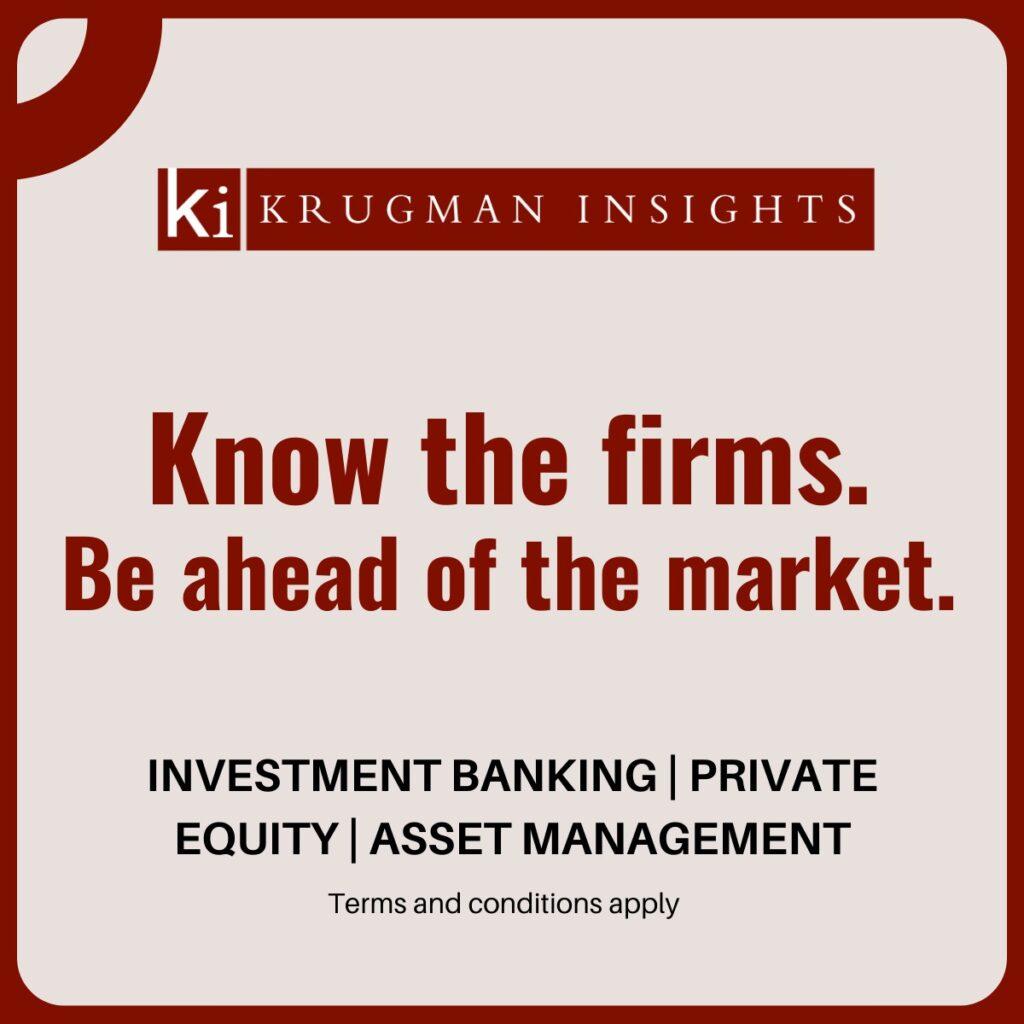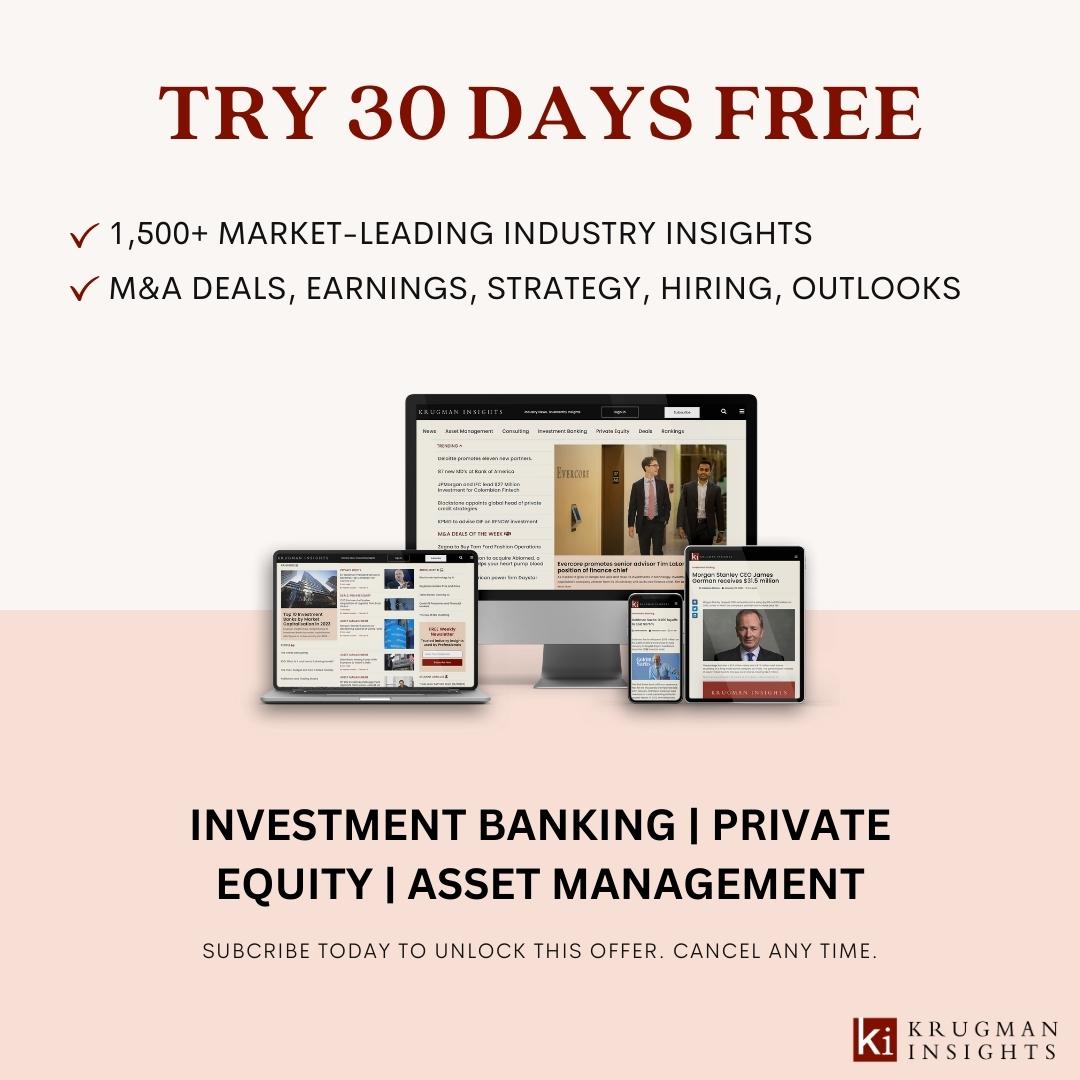Contango is a market condition in which the price of a commodity for future delivery is higher than the spot price. This means that the cost of buying the commodity in the future is greater than the cost of buying it today. In other words, the price of the commodity is expected to rise in the future.

Contango is a normal market condition for many commodities, including oil, natural gas, and gold. The reason for this is that it often costs more to store and insure a commodity for future delivery than it does to buy and store it today. Additionally, there are often additional costs associated with future delivery, such as transportation and financing.
The most common way to take advantage of contango is through a strategy known as a “roll yield.” A roll yield is the difference between the spot price of a commodity and the price of the same commodity for future delivery. In a contango market, the roll yield is positive, meaning that an investor can sell the spot commodity and buy the same commodity for future delivery at a higher price. This results in a profit as long as the investor continues to roll their position forward.
However, roll yield can also work in reverse if the market is in “backwardation,” which occurs when the price of a commodity for future delivery is lower than the spot price. In this case, an investor would lose money by rolling their position forward.
It’s important to note that contango can also be created artificially by speculators, who can drive up the price of a commodity for future delivery through buying and holding. This can create a “contango bubble” that eventually bursts, causing prices to drop. Therefore, it’s important for investors to be aware of the potential for contango to be artificially created and to be cautious when investing in a market that appears to be in contango.
Another important aspect to be aware of is that contango can be affected by various factors, such as storage capacity and production levels. For example, when storage capacity is low, contango tends to be more pronounced as the cost of storing the commodity becomes more expensive. Similarly, when production levels are high, contango tends to be less pronounced as the supply of the commodity is greater.
In conclusion, contango is a normal market condition in which the price of a commodity for future delivery is higher than the spot price. It can be used to make a profit through roll yield strategy, but it’s important to be aware of the potential for contango to be artificially created and to take into account other factors such as storage capacity and production levels.
An example of how contango played out in the commodity market is in April 2020 when the price of oil experienced a dramatic drop due to a decrease in demand caused by the COVID-19 and an increase in supply as Russia and Saudi Arabia increased production. As a result, the spot price of oil dropped to historic lows, while the price of oil for future delivery remained relatively high. This created a contango market in which the price of oil for delivery in June was $20 higher than the spot price.
This contango market presented an opportunity for investors to take advantage of the roll yield strategy. By selling the spot oil and buying the same amount of oil for future delivery at a higher price, investors were able to make a profit. However, this opportunity was short-lived as the contango market was created by a lack of storage capacity. As storage tanks filled up and producers ran out of places to put the oil, the price of oil for future delivery dropped to meet the spot price, eliminating the roll yield.
This situation illustrates how contango can be a temporary market condition, created by specific factors such as storage capacity, and how it can disappear quickly. It also shows how the market conditions can change dramatically in a short period of time, and how it’s important for investors to be aware of these changes and adjust their strategies accordingly.




























Continue with Facebook Continue with Google